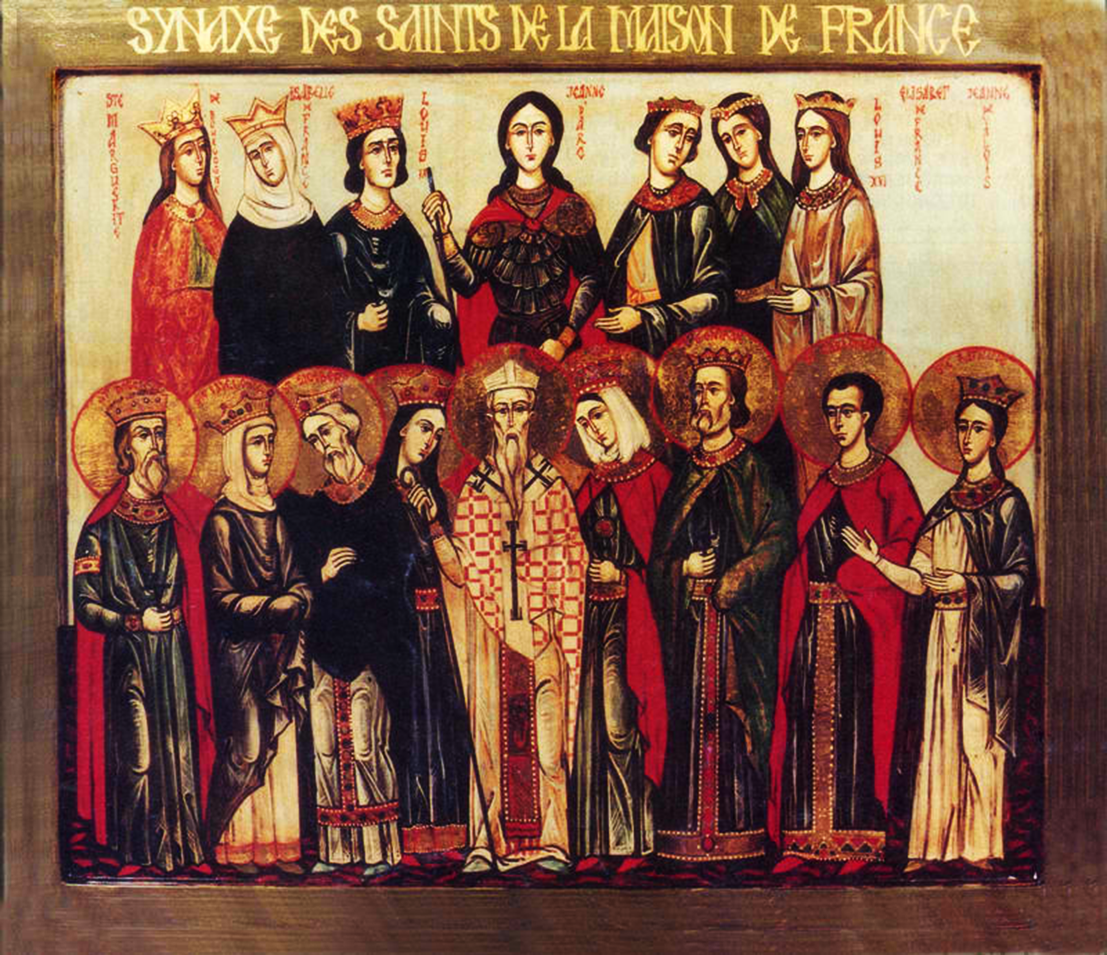Orthodox Saints of the Pre-Schism See of Rome

9th November
AGRIPPINUS (ARPINUS) of NAPLES, according to tradition, St. Agrippinus was the sixth Bishop of Naples (south-western Italy). Though his cultus dates back over 1,500 years, little to nothing is known of him. His relics are enshrined under the high altar of the Cathedral of the Assumption of Mary (Cattedrale di Santa Maria Assunta) in Naples along with those of SS. Eutychius and Acutius (19th September), companions of St. Januarius of Naples (19th September).
BENÉN (BEANÓN, BENIGNUS) of ARMAGH , the son of Irish Chieftain Sesenen whose territory was in present-day Co. Meath. Baptised by St. Patrick of Ireland (17th March) he soon became a favoured disciple. In time, St. Patrick consecrated St. Benén to the episcopate and appointed him his coadjutor. Travelling with St. Patrick, St. Benén worked to spread the Gospel, assisting St. Patrick with all aspects of his missionary labours. St. Benén especially concerned himself with the music and formation of choirs, earning the sobriquet “St. Patrick’s Psalm Singer”. The Martyrology of Donegal discusses St. Benén’s virtues, particularly his piety and gentleness, and refers to his many, albeit unspecified, miracles.
Though he primarily evangelised in Counties Clare and Kerry, St. Benén established a monastery on Drom Benen (Hill of Benan), present-day Drumbannon, Co. Cavan, as well as one at Cill Benen (Church of Benan), present-day Kilbonane, West Cork. He assumed the Bishopric of Armagh upon St. Patrick's resignation. Records indicate that St. Benén resigned his See shortly before his repose, which has been variously dated as 466, 467, 468, and 469.
Troparion of St. Benén — Tone I
O best loved disciple and successor of Ireland's Enlightener,/
thy God-blessed witness for our saving faith is sorely needed,/
most reverend Hierarch Benén. Entreat Christ our God that He will raise up new disciples/
to bring thy native land out of this present ''Dark Age''/
and restore it to the True Light of Orthodoxy/
for the salvation of men's souls.
PABO, surnamed 'Post Prydain' ('the Pillar of Britain'), St. Pabo was the son of a Scottish chieftain. After a military career in Scotland, he went to Anglesey, Wales, where he founded a monastery at present-day Llanbabon (Welsh: Church of Pabo). St. Pabo reposed circa 510 and is most likely buried on the grounds of his monastery. There St. Pabo’s Church has a stone marked “Hic iacet Pabo Post Prud Corpors -te -Prima” (Here lies Pabo Post Prydain King of Britain).
Troparion of St. Pabo — Tone VIII
Revered "Pillar of Northern Britain" and Light of Monastics, O Father Pabo,/
leaving thy family and homeland, thou didst inspire us, O holy one,/
to respect the monastic virtues which attain to the salvation of souls.
URSINUS of BOURGES, (Third Century), the first Bishop of Bourges (central France). Originally it was believed St. Ursinus had been a disciple of the Apostles, who sent him to Gaul, however, it has subsequently been determined that St. Ursinus flourished in the third century. Nothing further is known of his life.
VITONUS (VANNE, VAUNE), Bishop of Verdun (north-eastern France) from circa 500 until his repose in 525. St. Vitonus has been credited with bringing all those living within his diocese to Christ thereby eliminating paganism from the See of Verdun. Some sources have called him a wonderworker. No further information on St. Vitonus is extant.
Prior to the Schism the Patriarchate of Rome was Orthodox, and fully in communion with the Orthodox Church. As Saint John of Shanghai and San Francisco +1966 said “The West was Orthodox for a thousand years, and her venerable Liturgy is far older than any of her heresies”.
Details of British Saints excerpted from Orthodox Saints of the British Isles.
Details of continental saints from these sources.
In many cases there are several spelling versions of the names of saints from the British Isles. I use the Oxford Dictionary of National Biography version as the primary version with the more prevalent version in parenthesis e.g. Ceadda (Chad) of Lichfield.
